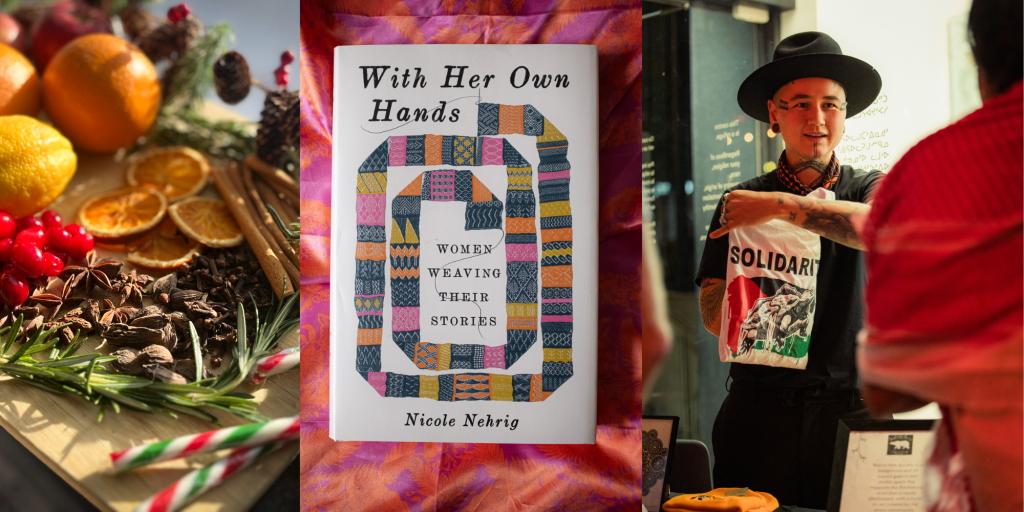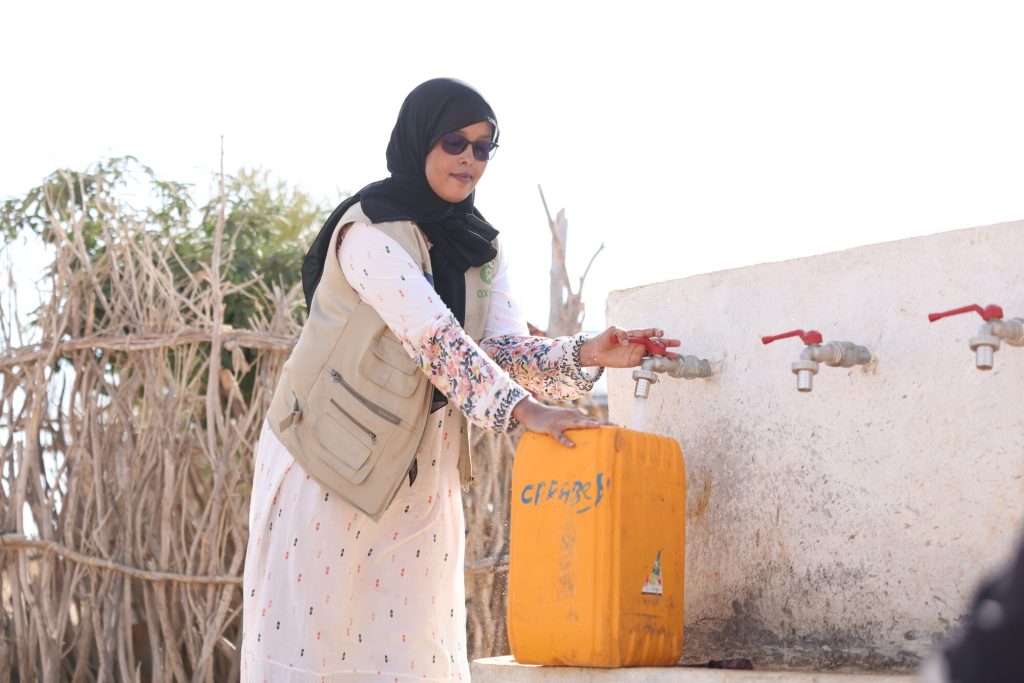On Mother’s Day
by Shawna Wakefield
On mother’s day, instead of valorizing moms with well-intended, but often artificial appreciation for the vast amounts of unpaid labor that women do every day, I would rather we all take a hard look at what it would take for women to not have to shoulder so many responsibilities in the first place.
While we may love, hate – or sometimes both – the care work women so often have huge responsibility for, the fact is that it is not ‘natural’ for women to take on the bulk of unpaid care (cooking, cleaning, caring for sick, young and elderly) any more than it is for men to be violent or sit around drinking beer.
The unequal burden of care work
And let us not forget that it is not only mothers who do this kind of work. The unequal burden of care work falls heavily on girls and women at all stages and walks of life: many women find that even when childcare responsibilities are absent, there are new care needs as parents and other relatives age. As we all know, this is not just an issue in the global south. The division of household labor is still pretty unequal in the north as well, as no shortage of recent debates and blogs have articulated.
Equal pay: What would it take?
Wouldn’t it be great if equal pay for equal work was a reality? Not only in rich countries (many of which still seem to take issue with this basic human right), but in all countries. We are familiar with the still-true statistic that in the so-called developed world women only make 70 cents for every dollar men make, and continue to predominate in less well paid jobs. What would it take to equalize this? Patriarchy would definitely have to take a back seat. More women could certainly stand up – individually by negotiating for higher pay, or collectively advocating for better labor rights. But it would take a sea change in the patriarchal norms that make it okay for women to be considered worth less while doing the same, more or better. I don’t believe this is an insurmountable task. And if I did, I probably would not be able to get up every day.
New alliances
But I do think understanding and looking at new alliances with those challenging gender inequality and social norms that condone male violence and female submission are in order. The idea of men who want to be ‘different men’ is so refreshing and necessary – and despite the horrific and pandemic reality of violence against women, I don’t believe a new normal has to be as far from the reality as the dominant images, attitudes and beliefs tell us. Do we all really believe that men need to wield power over anyone smaller, less straight, or more feminine than they are? For what and for how long?
A simple and regular recognition of women's work
It would be wonderful if the care that women provide could be recognized and valued. Not in a patronizing or paternalistic manner. Not in ways that makes women into heroines. Both are exhausting. But the simple, and regular, recognition that women’s work is understood and that it is given value by partners, in community level and national level planning, international policy-making, discourse and aid. And while we are at it, let us value all paid or unpaid contributions – by men or women – that protect, provide for and nourish ourselves, our families, and our communities.
What difference would it make? Would this translate to subsidized childcare services, greater protection for women care workers, or a balancing of domestic house-work between men and women? Perhaps. Maybe not in and of itself, but it would be a start.
Care as a development issue
Oxfam’s new strategic plan, soon to be launched, makes a commitment to raising awareness of care as a development issue, and to promoting positive change in beliefs and policies around care as part of our work towards Gender Justice. This year as mothers get celebrated for all the work we do, my hope is that the recognition is genuine, and sustained, and that men and boys work with and support women in their efforts to come up with ways to balance the load – whether they are sons, dads, policy makers, employers – or all of the above. This may or may not increase GDP, but more importantly, it would advance the cause of women’s rights. And let’s never forget that women’s rights are human rights after all.
Related links
Oxfam Canada GROW
Oxfam's work on Gender Justice
Shawna Wakefield is Oxfam International's Gender Justice Lead
This blog originally appeared at blogs.oxfam.org

